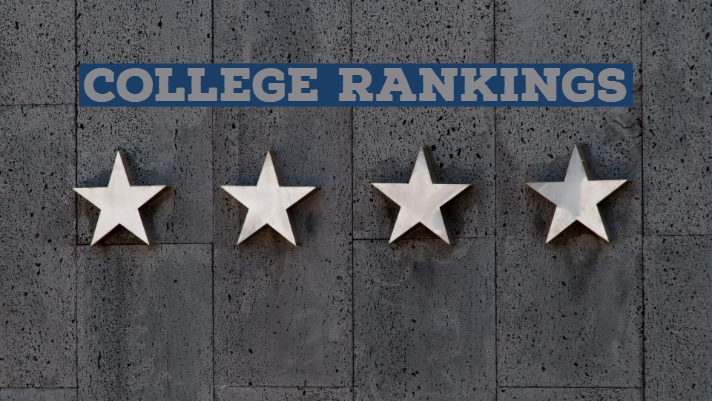 Are you afraid of college prep? If you’re not, you’re one of the few. Parents, while excited about the prospects of college, are frightened by the actual process. What frightens them most? Any number of tasks: the overwhelming mounds of forms and paperwork, how to pay for the high cost of the education, being out of control and not knowing how colleges will receive their student, and the biggie—will your student be rejected.
Are you afraid of college prep? If you’re not, you’re one of the few. Parents, while excited about the prospects of college, are frightened by the actual process. What frightens them most? Any number of tasks: the overwhelming mounds of forms and paperwork, how to pay for the high cost of the education, being out of control and not knowing how colleges will receive their student, and the biggie—will your student be rejected.
In order to avoid giving in to the fear, you need to change your thinking. While colleges might give you the impression they have the power, they do not. It’s ultimately your teen’s choice for which college to apply to and which college to attend. It’s ultimately your choice which financial aid award you accept. You are the consumer. The key is in how your student markets himself to the college and how he takes control of the process.
Here are 3 tips to help calm you fears:
This is just another phase in the life your child.
In the midst of it all, it seems like an insurmountable task. It is all consuming and appears to be a “life changing” decision. Yes. College is important. But it is just the beginning of the choices your child will have to make in this life. And nothing, I mean nothing, is carved in stone. Wrong college choice? In the grand scheme of life, it’s not the critical. It’s the education that matters and how your child embraces the learning.
There will be a good fit college for your child—a college that values their contribution.
It’s not about the name, but about the fit. With a little research, a little coaching, and some digging, there is a college that fits your child like a glove. It may not be an Ivy (and probably won’t), but it will be the place they feel welcome and at home. Find that and you’ve hit the jackpot.
While there may be rejections along the way, there will also be many opportunities to learn life lessons.
No parent likes to see their child rejected. But it’s a reality of life. Everyone is going to be rejected at some point and the college process is no different. It’s how you handle the rejections that matter. It’s the life lessons you can teach them that will stay with them after they go away to college. And I say this with all certainty—everything happens for a reason. Sometimes College B or College C is a much better fit, and will make your child happier in the long run.
Once you’re done, you’ll be an expert and can help other set aside their fears. What is it Roosevelt said? The only thing we have to fear is fear itself (and of course college prep).
Read Wendy’s Post: 4 College Prep Nightmare Scenarios
______________________
Wednesday’s child may be full of woe but Wednesday’s Parent can substitute action for anxiety. Each Wednesday Wendy and I will provide parent tips to get and keep your student on the college track. It’s never too late or too early to start!
Join @pocsmom and I tonight with a #WednesdaysParent version of #CampusChat at 9PM ET with guest Paul Hemphill (@vcollegeadvisor) of Planning for College, discussing the scary side of college prep.
Wednesday’s Parent will give twice the info and double the blog posts on critical parenting issues by clicking on the link at the end of the article from parentingforcollege to pocsmom.com and vice versa.



 Taking a Different Approach
Taking a Different Approach


 U.S. News released their
U.S. News released their 

